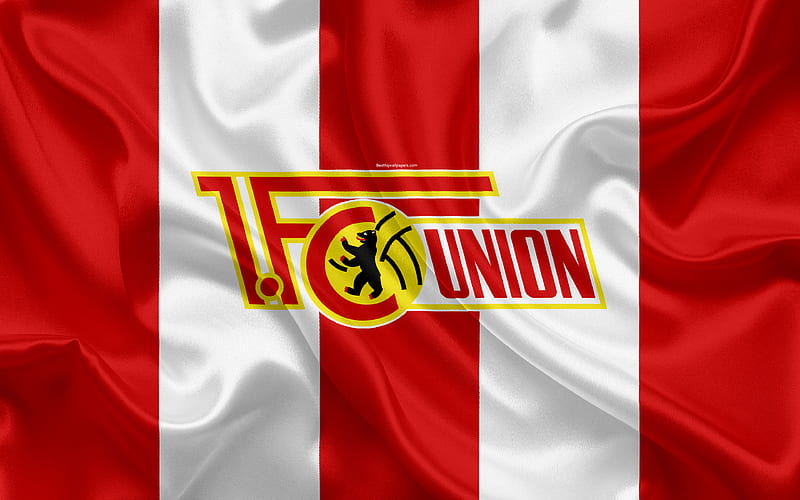Union Berlin FC is a football club based in Berlin, Germany. Founded in 1906, the team has a rich and storied history that reflects not only the spirit of the game but also the socio-political landscape of Germany over the decades. The club’s passionate fan base and commitment to its roots have made Union Berlin FC a beloved institution within German football culture U888.
In this blog post, we will delve deep into Union Berlin FC, exploring its history, culture, achievements, and the unique identity it holds within the world of football https://u888.study/.
The History of Union Berlin FC
The history of Union Berlin FC is a captivating narrative filled with highs and lows, reflecting the challenges faced by the city of Berlin throughout the years. From its inception in the early 20th century to its current status in the Bundesliga, the journey of this club is one of resilience and determination.
Origins and Early Years
Union Berlin FC was conceived in the vibrant heart of Berlin, initially as a workers’ sports club. Its beginnings were rooted in the social changes occurring in Germany during the early 20th century, and this connection to working-class values remains a hallmark of the club today.
Established under the name “FC Olympia Oberschöneweide,” the club was part of a broader movement that aimed to promote sport among the working class. Over the years, the club underwent several transformations, adopting various names and merging with other teams. In 1966, the club became known as 1. FC Union Berlin, solidifying its identity as a significant player in East German football.
The GDR Era
Union Berlin had a prominent role in the former German Democratic Republic (GDR), where it represented more than just a football team; it was a symbol of hope for many. During this era, the club often found itself at odds with the ruling government, which sought to control the sport for propaganda purposes.
Despite these challenges, Union Berlin managed to establish itself as one of the leading teams in East Germany’s top division, winning the DDR-Oberliga title on several occasions. The loyalty of the fans played an integral role in the club’s advancement, providing unwavering support even in the face of adversity.
Reunification and New Challenges
The reunification of Germany in 1990 brought about significant changes for Union Berlin FC. The transition from the GDR to a united Germany posed both opportunities and challenges. The club struggled to maintain its competitive edge amid a rapidly evolving football landscape that included an influx of resources and talent into West German teams.
